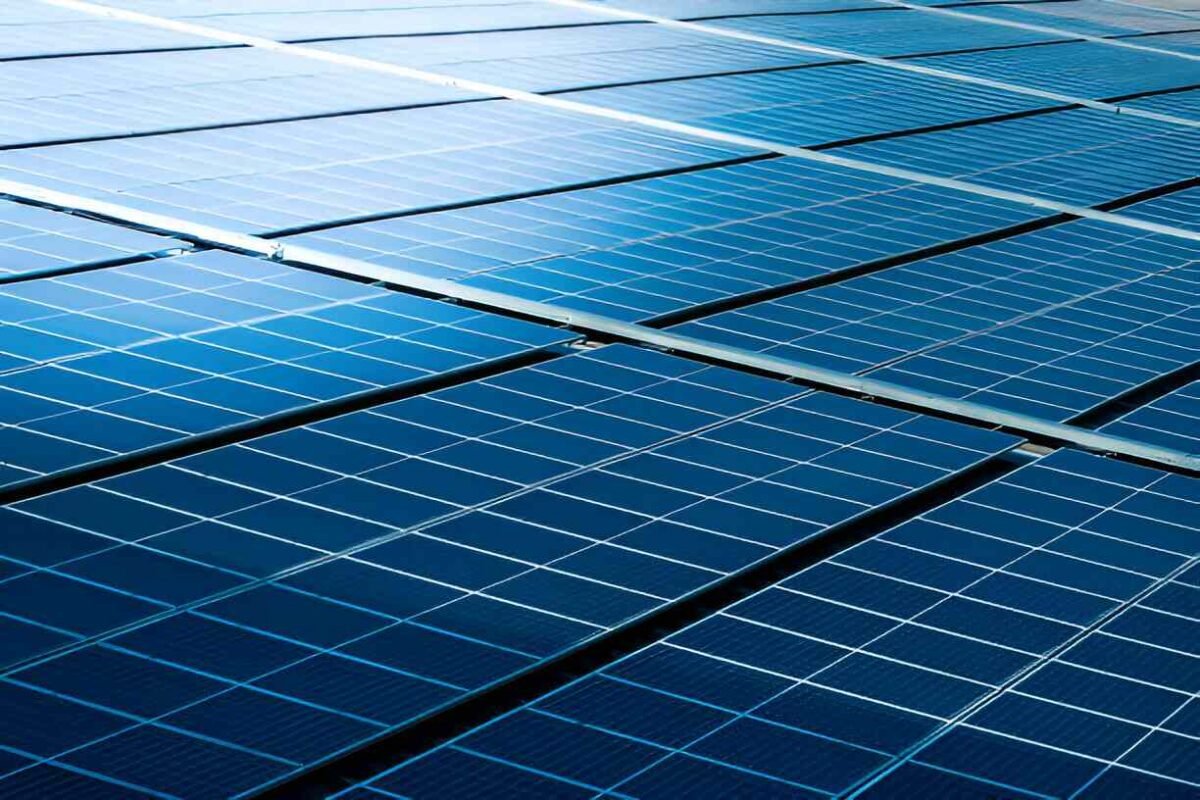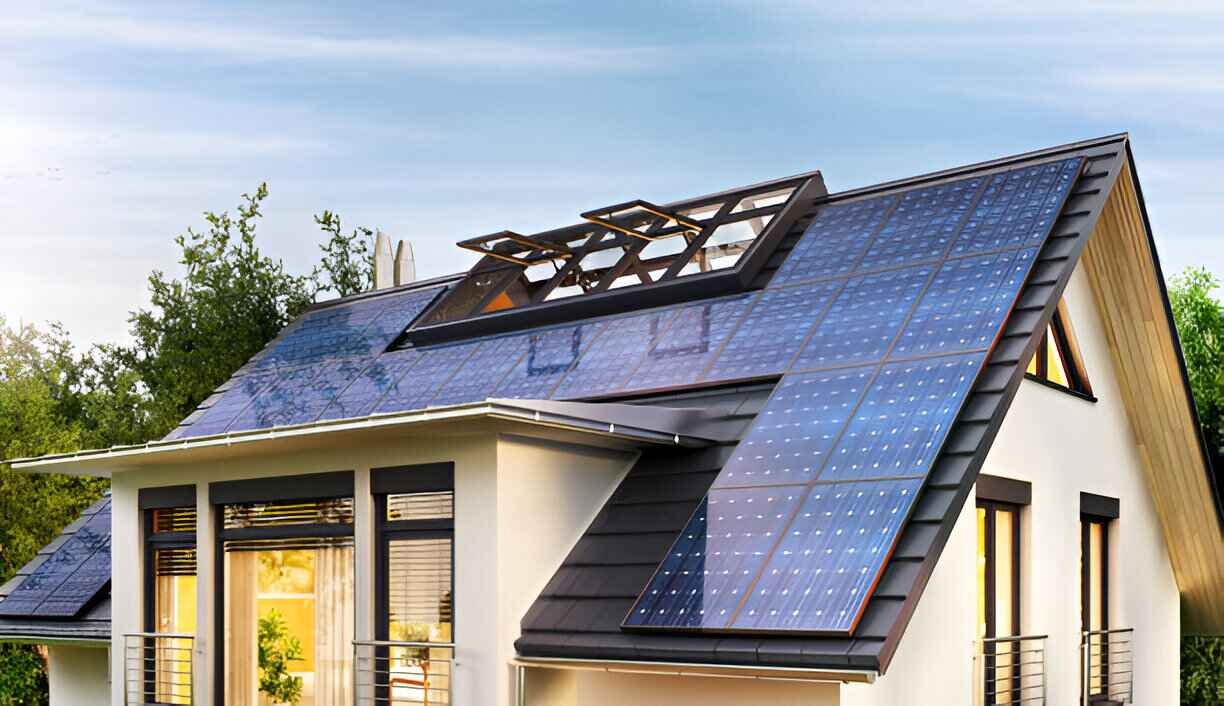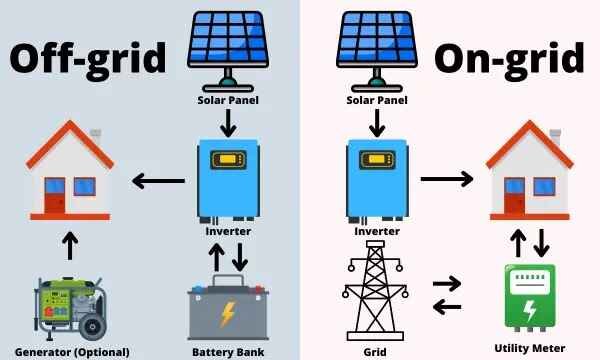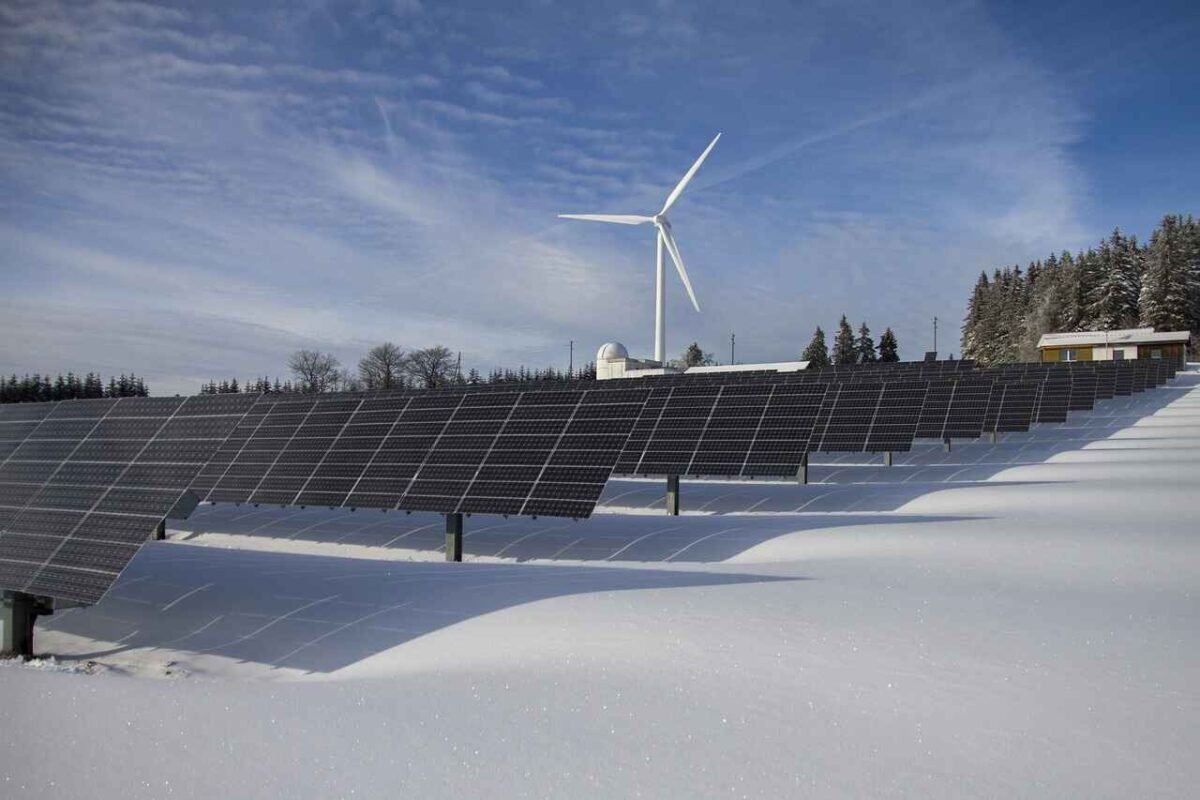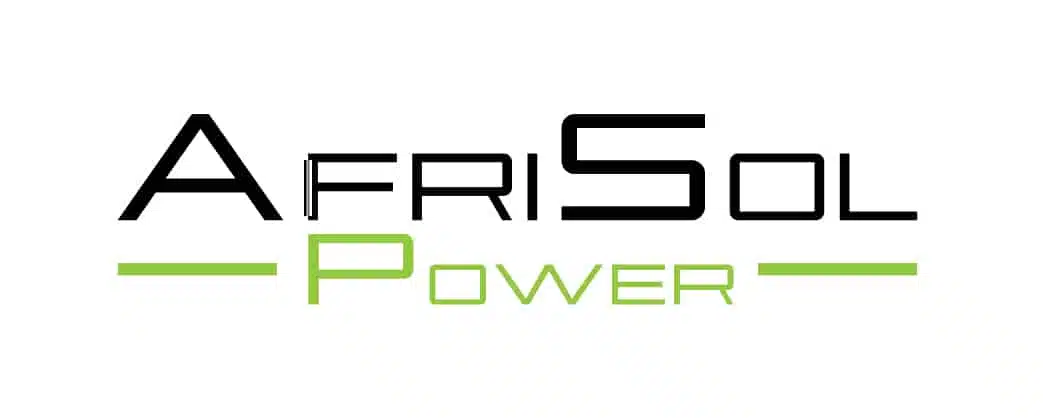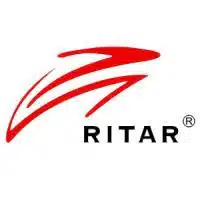Blogs
Solar Panels for Home in Ghana: Bright Savings!
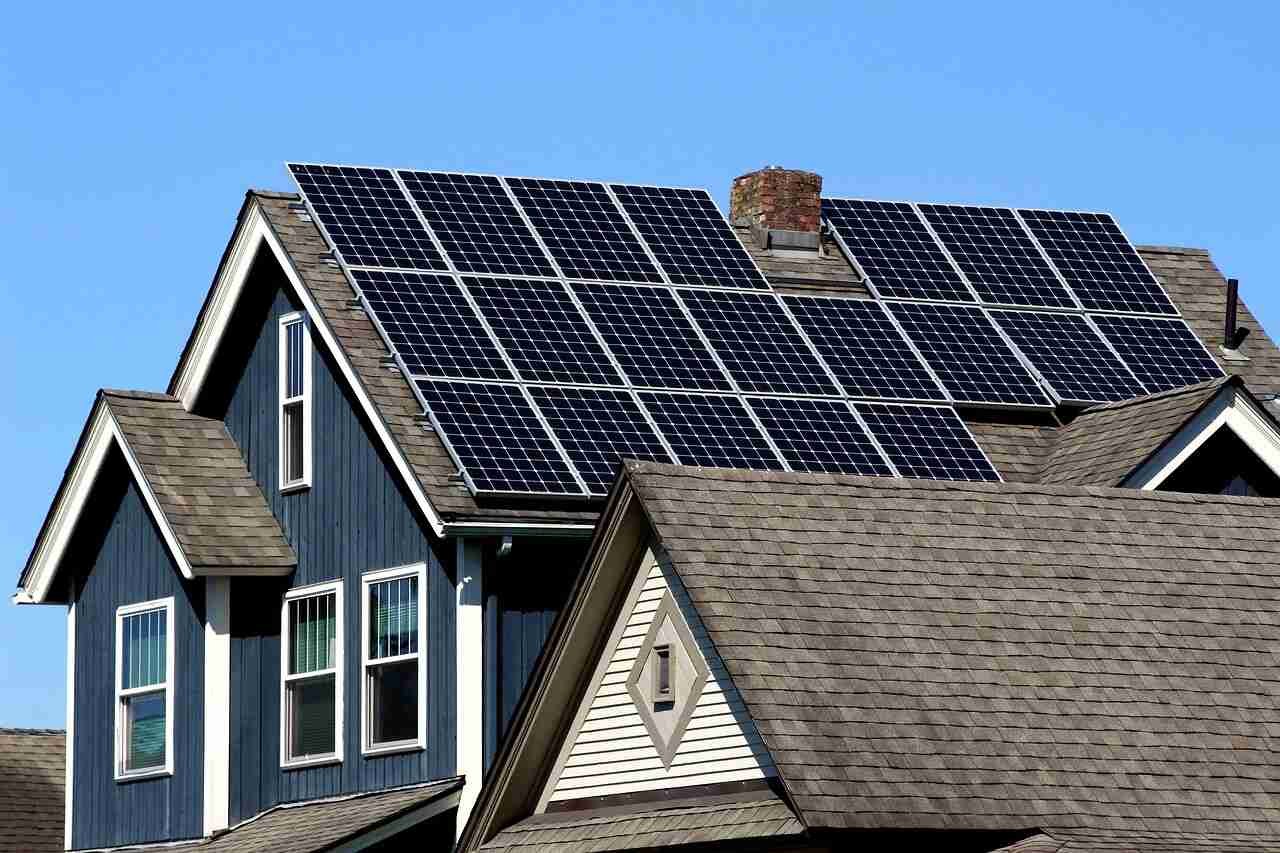
Solar Panels for Home in Ghana provide an eco-friendly energy solution, ideal for homes in Ghana to save on power costs while embracing sustainability.
Imagine cutting down on electricity bills and contributing to a greener planet from the comfort of your home. This is not a distant dream but a reality within reach for Ghanaians. Solar panels for homes are gaining traction in Ghana, where sunshine is abundant.
This introduction sets the stage for an exploration into the world of residential solar power solutions in Ghana. We delve into the benefits, the installation process, and what to consider when making the switch to solar energy. Whether you live in the bustling streets of Accra or the tranquil landscapes of Cape Coast, solar panels can make a significant difference in your life. Join us as we uncover how solar panels for your home can save money and the environment, one ray of sunlight at a time.
The Rise Of Solar Energy In Ghana
In Ghana, the sun is more than just a daily presence; it’s a source of sustainable power. Solar energy is on the upswing, changing lives and powering homes. Let’s explore why many Ghanaians are switching to solar panels.
Factors Driving Adoption
Cost savings and consistent sunlight make solar panels appealing. Here are key reasons for their popularity:
- Electricity bills drop significantly.
- Solar panels provide reliable power during outages.
- They are eco-friendly, reducing carbon footprints.
- Installation has become simpler and faster.
Analyzing Home Solar Panel Potential
Analyzing the potential for home solar panels in Ghana is key. This step helps you understand if solar energy is right for your home. Let’s dive into two major aspects: assessing rooftop space and understanding sunlight exposure.
Assessing Rooftop Space
First, look at your roof. It needs space for solar panels. A small roof may fit fewer panels. This affects how much electricity you can make. Here’s what to do:
- Measure your roof size.
- Check for any shade on the roof during the day.
- Think about roof shape. Some shapes are better for panels.
Remember, space matters for solar power. More space means more power.
Understanding Sunlight Exposure
Next, check sunlight on your roof. Sunlight exposure is crucial. It determines how much power your panels can generate. Here’s how to assess it:
- Observe the sun’s path. See where sunlight hits your roof the most.
- Use tools or apps to track sunlight hours on your roof.
- Consider any future constructions that may block sunlight.
Areas with more sunlight make more electricity. This reduces your bills and helps the planet.
Types Of Solar Panels For Residential Use
Ghana’s sunny climate makes solar power a smart choice for homeowners. Understanding the different types of solar panels is key. Two main types stand out for home use: monocrystalline and polycrystalline. There’s also a third type, known as thin-film. Each has unique features and benefits.
Monocrystalline vs. Polycrystalline
Monocrystalline Vs. Polycrystalline
Solar panels made from monocrystalline silicon offer high efficiency. They perform well in low-light conditions. Their sleek, black look appeals to many. Yet, they come with a higher price tag.
Polycrystalline panels have a blue hue. They are less efficient than monocrystalline. But, they are more cost-effective. This makes them a popular choice for many households.
| Type | Efficiency | Cost | Appearance |
|---|---|---|---|
| Monocrystalline | High | Higher | Sleek, Black |
| Polycrystalline | Medium | Lower | Blue Hue |
Thin-film Solar Panels
Thin-film solar panels are lightweight and flexible. They can be a great fit for certain roofs. These panels are less efficient than crystalline types. Yet, they work well in hot climates. They are the most affordable option. Their simple installation makes them attractive for many homes.
- Flexible and lightweight
- Less efficient, yet perform in heat
- Most affordable
- Easy to install
Cost-benefit Analysis
Cost-Benefit Analysis of solar panels for homes in Ghana is crucial. Homeowners need to know the financial impact. Let’s explore the initial costs and long-term savings.
Initial Investment Vs. Long-term Savings
Solar panels require an upfront investment. This cost covers panels, installation, and setup. Prices vary, but let’s dive into what savings look like over time.
- No electric bills: Solar cuts monthly costs.
- Incentives: Tax breaks and rebates can help.
- Increased home value: Homes with solar sell for more.
The break-even point can come in just a few years. After that, homeowners enjoy pure savings.
Comparing Solar To Traditional Energy Costs
Let’s compare solar panel costs to traditional electricity bills in Ghana.
| Solar Panel Costs | Traditional Energy Costs |
|---|---|
| Higher initial cost | Constant monthly bills |
| Minimal maintenance | Price hikes over time |
| Savings increase as energy prices rise | Dependence on non-renewable sources |
Over time, solar energy proves to be a wise choice financially. Traditional energy costs can only go up.
Installation Process Simplified
Thinking of getting solar panels for your home in Ghana? Great choice! Let’s simplify the installation process for you. It’s easier than you think. First, you need to pick the right installer. Then, know what happens during installation. Ready? Let’s dive in.
Choosing The Right Installer
Finding a good installer is key. Here’s how:
- Ask friends or family for recommendations.
- Look for reviews online.
- Make sure they have experience in Ghana.
Tip: Pick an installer with good reviews and lots of experience.
What To Expect During Installation
The installation process is straightforward. Here’s what happens:
- The team comes to your house to check the roof.
- They plan where to put the solar panels.
- Installation starts. This can take a few days.
- They connect the panels to your home’s power system.
- Last, they test everything to make sure it works.
Remember: The team will guide you through each step. You’re not alone.
Maintenance And Durability
Maintenance and Durability of solar panels are key for long-lasting energy solutions in Ghana. Homeowners must understand how to keep their solar investments in top shape. Proper care ensures efficiency and extends the lifespan of the panels.
Keeping Your Solar Panels Efficient
Clean solar panels perform better. Dust and dirt can block sunlight, reducing power output. Regular cleaning with water and a soft cloth keeps them efficient. It’s best to clean during the early morning or late evening to avoid hot surfaces.
- Inspect panels bi-annually for debris and dirt.
- Trim nearby trees to prevent shading and debris accumulation.
- Use gentle cleaning equipment to avoid scratches.
Dealing With Weather And Wear
Solar panels in Ghana face harsh weather. Strong winds, heavy rains, and high temperatures test their durability. High-quality panels are weather-resistant, but regular checks are vital.
| Season | Maintenance Tips |
|---|---|
| Rainy Season | Check for water damage and clear drainage areas. |
| Dry Season | Remove dust more often to maintain efficiency. |
| Harmattan Season | Protect against abrasive sand particles. |
Strong mounts and frames help withstand weather. They keep panels secure during storms. Annual checks for loose bolts or corrosion are essential. Replace weathered parts promptly to avoid damage.
Financing Solar Panel Installation
Finding money for Solar Panels for Home in Ghana can seem hard. But, many options exist to make it easier. Let’s look at some ways to pay for solar panel installation at home.
Loans And Leases
Loans and leases are popular options for financing solar panels. With loans, you can borrow funds to own your system, while leases offer flexibility without upfront costs. You pay back over time. Leases mean you rent the solar panels. You pay a monthly fee. Both options have pros and cons.
- Loans: You own the panels. You can get tax benefits.
- Leases: No upfront cost. Maintenance is often included.
Real-life Success Stories
Solar energy transforms lives across Ghana. Homeowners share their experiences with solar panels. Their stories inspire others to take a leap towards clean energy. Read on to hear from those who made the switch to solar power at home.
Testimonials From Ghanaian Homeowners
Many in Ghana now enjoy lower electricity bills thanks to solar panels. John Mensah from Accra says, “My energy costs dropped by 50%!” In Kumasi, Ama Serwaa noticed her panels paid off in just three years.
- Kwame’s story: “No more power cuts at my house.”
- Abena: “I sell extra power back to the grid.”
- Yaw: “Solar power supports my remote work.”
Community Impacts Of Residential Solar Panels
Solar panels do more than save money. They bring communities together. Local solar projects create jobs. They also power schools and clinics.
| Community | Impact |
|---|---|
| Tamale | New solar jobs |
| Ho | Steady power for hospitals |
| Sekondi-Takoradi | Clean water from solar pumps |
Children in off-grid areas can study at night. Families breathe cleaner air indoors. Solar power is changing lives one panel at a time.
Frequently Asked Questions
What Is The Cost Of Solar Panels In Ghana?
The cost of solar panels in Ghana varies widely depending on the size and quality of the system. Prices can range from GH₵ 500 to GH₵ 10,000. Factors such as panel efficiency, brand, and installation complexities affect the final cost.
It’s advisable to get multiple quotes for comparison.
How Do Solar Panels Benefit Ghanaian Homes?
Solar panels offer Ghanaian homes significant savings on electricity bills, provide a reliable power source during outages, and reduce carbon footprint. They harness abundant sunlight, translating into clean energy and making them a sustainable investment for homeowners.
Can Solar Power Fully Support A Home In Ghana?
Yes, solar power can fully support a home in Ghana, depending on the system’s size and the household’s energy consumption. A well-designed solar system with sufficient battery storage can meet all the electricity needs of a typical Ghanaian home, ensuring 24/7 power supply.
What Maintenance Do Solar Panels Require?
Solar Panels for Home in Ghana require minimal maintenance, primarily involving regular cleaning to remove dust and debris that can block sunlight. It’s also recommended to have a professional check-up annually to ensure all components function correctly and efficiently, extending the system’s lifespan.
Conclusion
Embracing solar energy in Ghana offers a bright future for homeowners. Think savings on electricity bills. Consider the environmental benefits. Solar Panels for Home in Ghana stand as a wise investment for a sustainable home. They are reliable and increasingly affordable. Every Ghanaian household can now tap into the power of the sun.
Make the switch to solar today. See the difference for yourself and the planet. Your home deserves this smart upgrade. Start your solar journey and enjoy clean energy for years to come.
















